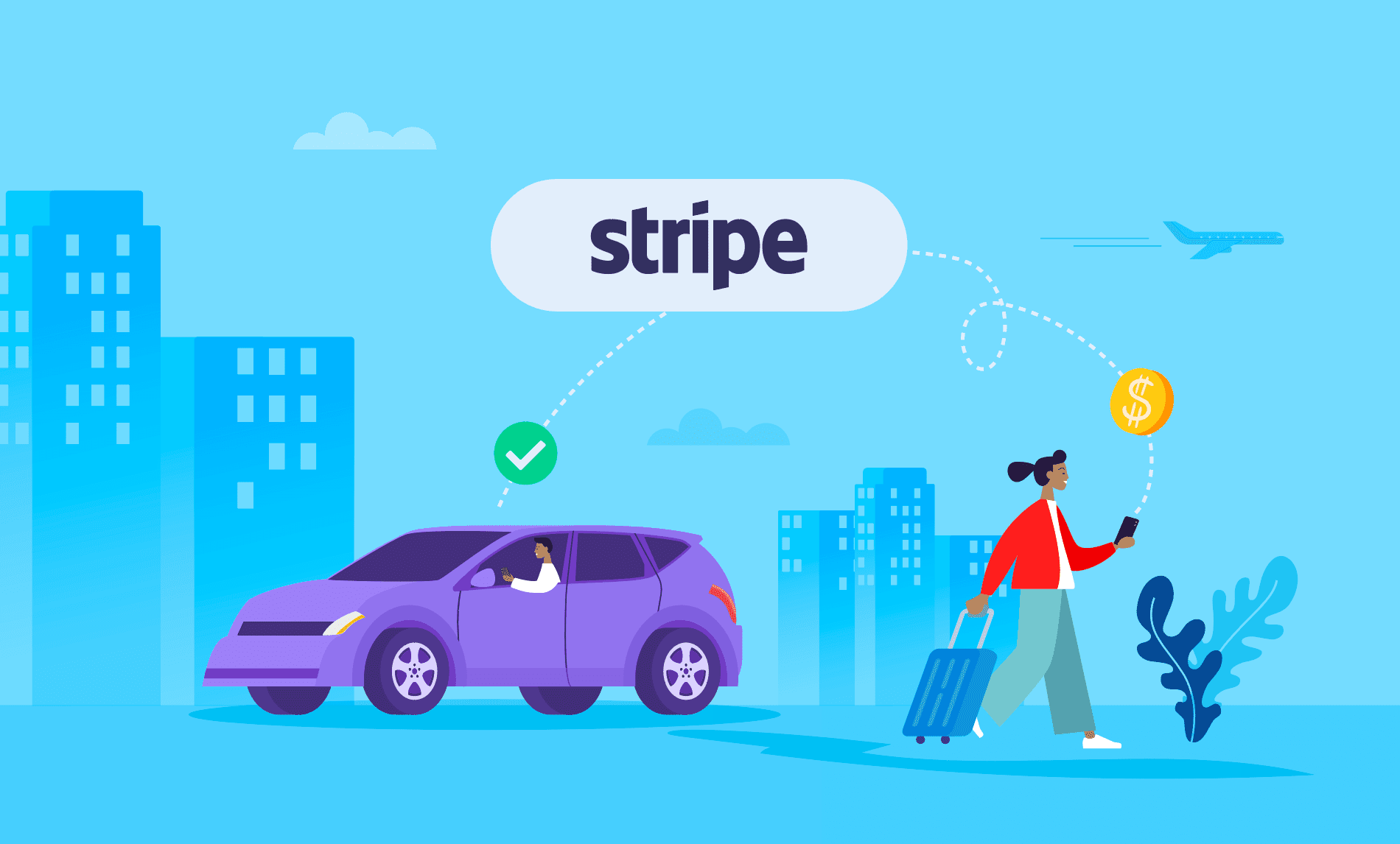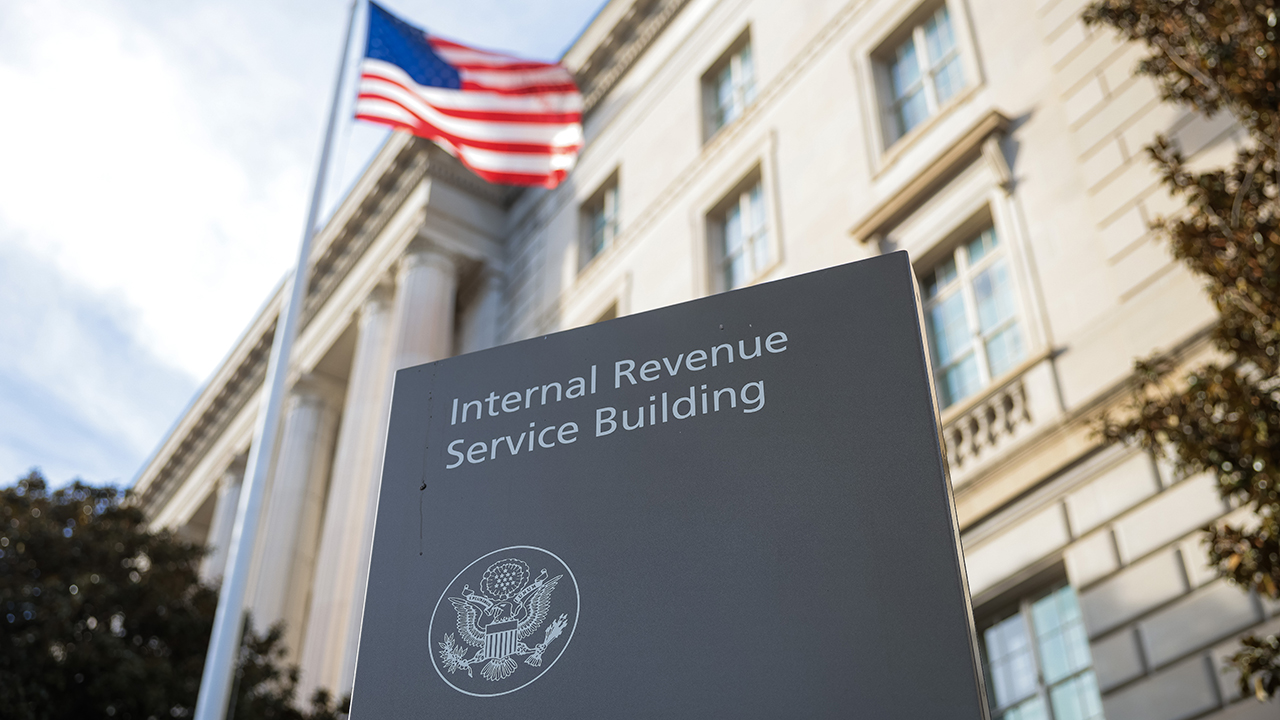How to Choose the Best Forex Broker for Scalping
Scalping is all about speed and precision. When you’re aiming to capture small, quick profits from market movements, every millisecond and every pip counts. But not every broker can handle that pace, spreads, execution, and infrastructure all play a big part in whether your strategy succeeds.
Finding the best forex broker for scalping means knowing exactly what to look for, and what to avoid. Here’s how to narrow it down.
1. Prioritise Fast Execution Speeds
Scalping depends on lightning-fast trade execution, as a slight delay can mean missing an entry point or taking a worse price than expected.
When comparing brokers, focus on:
- Execution time – Look for average speeds below 100 milliseconds
- Server proximity – The closer your broker’s servers are to liquidity providers, the faster your trades are filled
- Low latency – Ask about data centre locations, as many top brokers use Equinix servers in London, New York, or Tokyo for ultra-fast routing
Consistent speed isn’t just a bonus, it’s essential; and even the tightest spread won’t help if your orders don’t execute in time.
2. Choose a Broker with Tight, Consistent Spreads
Scalpers often make dozens or even hundreds of trades in a single session. That means spread costs quickly add up. The best scalping brokers offer raw or ECN pricing with minimal markups.
Here’s what to look for:
- EUR/USD spread below 1 pip on average
- Variable spreads that stay tight during normal trading hours
- Transparent commission structure, usually $3–$7 per lot round-trip
Here’s an example of typical conditions among reputable brokers:
| Broker | Average EUR/USD Spread* | Execution Model | Best For |
| Alchemy Markets | ~0.2 pips | ECN / Raw Pricing | Professional scalpers |
| Pepperstone | ~0.4–0.8 pips | ECN | Fast, low-cost trading |
| IC Markets | ~0.8 pips | ECN | Algorithmic trading |
| Tickmill | ~0.1–0.3 pips | ECN | High-frequency traders |
| FP Markets | ~1.0–1.2 pips | ECN | Mixed strategies |
*Spreads vary depending on market volatility and account type.
If your strategy relies on tight entries and exits, consistent spreads matter more than flashy marketing promises.
3. Check Regulation and Broker Type
Before chasing speed or low spreads, make sure your broker is properly regulated. Scalping strategies often use leverage and rapid order flow, both of which require a safe trading environment.
Look for brokers regulated by:
- The Financial Conduct Authority (FCA) in the UK
- The Australian Securities and Investments Commission (ASIC)
- The Cyprus Securities and Exchange Commission (CySEC)
Avoid unregulated offshore brokers, no matter how tempting their conditions sound. You need both speed and security.
4. Look for Scalper-Friendly Conditions
Some brokers quietly discourage scalping, limiting how often or how quickly you can trade. A true scalping forex broker will clearly state that scalping is allowed and offer the right tools to support it.
Check that the broker offers:
- No restrictions on trade duration or order frequency
- Low latency and access to a deep liquidity pool
- VPS (Virtual Private Server) hosting for automated strategies
- No dealing desk (NDD) or market maker interference
These details might sound technical, but they determine whether your orders execute instantly or face delays that ruin your edge.
5. Test Execution with a Demo Account
Before funding a live account, open a demo and test your strategy under real conditions. Pay attention to:
- How quickly your trades open and close
- How spreads behave during major news events
- Whether there’s any noticeable lag or slippage
This test phase is where you’ll see if a broker’s infrastructure actually matches its promises.
6. Evaluate Trading Platforms and Tools
Scalpers need fast, intuitive platforms with no lag between decision and execution. The most common options are MetaTrader 4 (MT4), MetaTrader 5 (MT5), and cTrader, all built for high-speed trading.
Look for:
- One-click trading from the chart
- Depth of Market (DOM) to view live liquidity
- Custom indicators and automation options
- Mobile access for flexibility
For example, Alchemy Markets offers both MT4 and MT5 with institutional-grade liquidity and server infrastructure designed for low-latency trading, key features for traders running fast, precision-based systems.
7. Don’t Forget Total Trading Costs
Scalpers often trade in high volume, so even small costs beyond spreads can affect returns. Compare total fees, not just the headline numbers.
Consider:
- Commissions per lot
- Swap or rollover fees for positions held overnight
- Funding and withdrawal fees
The goal is to find a broker where costs stay predictable and low across hundreds of trades.
8. Customer Support and Transparency Matter
If you’re trading fast and frequently, you need a broker that’s responsive when things go wrong. Good support can make a difference when you face execution issues or system delays.
Look for:
- 24/5 live chat or phone support
- Clear fee breakdowns and trade receipts
- Honest communication about order execution
Transparency builds trust and that is something that every serious trader values.
Our Final Verdict
The best forex broker for scalping is one that combines tight spreads, reliable execution, and genuine transparency. Fast infrastructure, fair pricing, and regulation should all come before flashy marketing or unrealistic claims.
Brokers like Alchemy Markets, Tickmill, and Pepperstone continue to stand out in 2025 for offering the kind of trading conditions scalpers rely on, fast, accurate, and consistent.
When you’re trading at speed, every pip and every second matters. Choose a broker that keeps up with you, not one that slows you down.
The post How to Choose the Best Forex Broker for Scalping appeared first on EU Business News.
















































